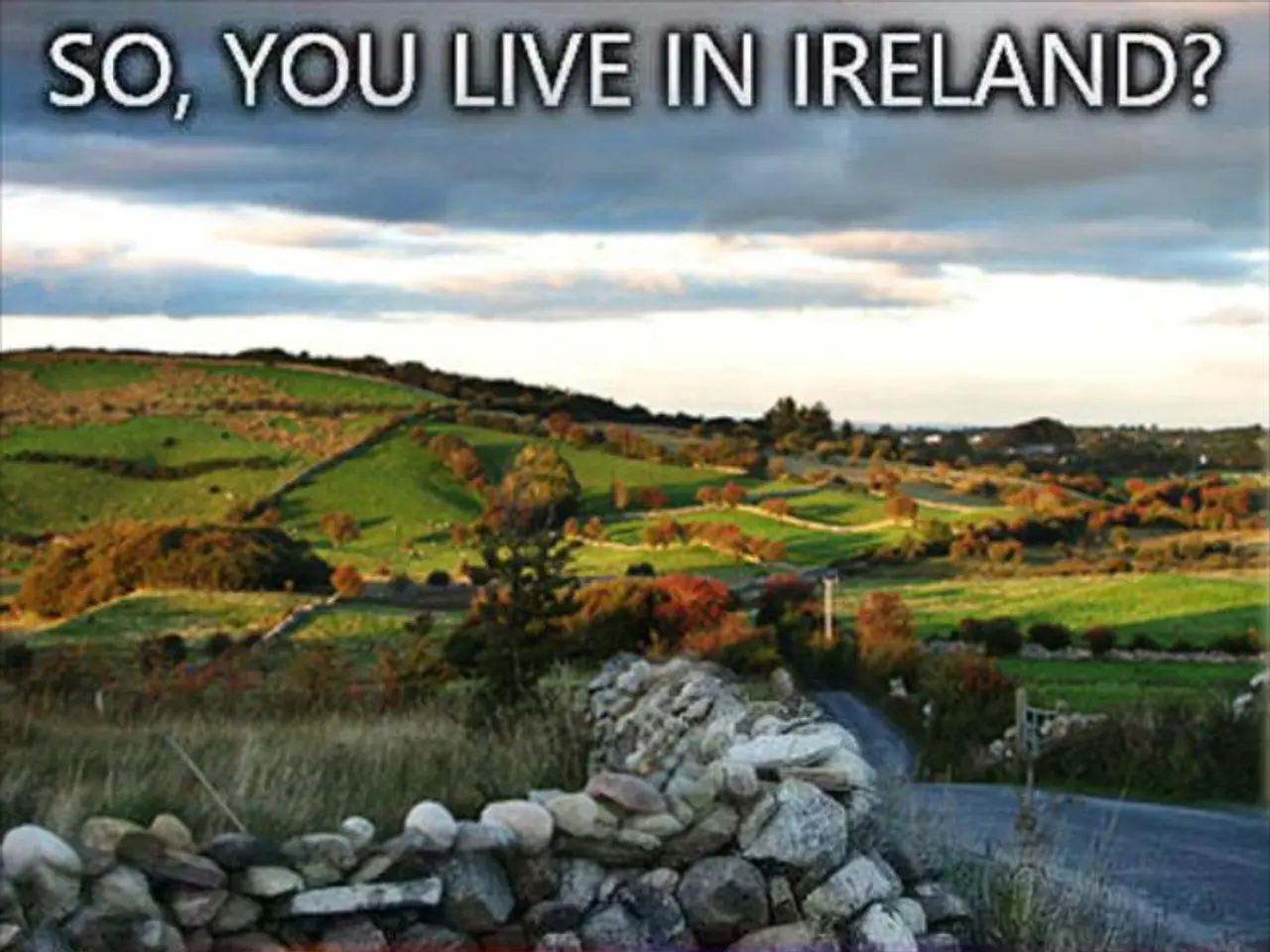"Europe experiences unprecedented heatwave, with temperatures soaring above 100 degrees, causing widespread distress"
Europe Experiences Worst Wildfire Season on Record in 2025
Europe is currently grappling with an unprecedented wildfire season, marked by a series of extreme weather and environmental factors exacerbated by climate change. This year's wildfires are primarily driven by a combination of factors, including an intense and prolonged heatwave, tropical nights, record dryness, large-scale atmospheric stability, extended dry spells, and climate change as an overarching driver.
The heatwave, caused by a persistent high-pressure ridge or heat dome, has trapped warm air over southern and central Europe, resulting in extreme daytime temperatures. Portugal and southern Spain have recorded temperatures of up to 46 °C and 44 °C, respectively, with temperatures above 40 °C in parts of France, Italy, and Greece.
Tropical nights, with minimum temperatures staying above 25 °C, prevent vegetation from recovering moisture overnight, keeping the landscape persistently dry. Combined with record dryness and very low humidity levels, these conditions allow fine fuels like dry grasses and twigs to ignite almost instantly. Large-scale atmospheric stability has suppresses cloud formation and rainfall for weeks, resulting in prolonged drought conditions across affected areas.
The extreme weather conditions have led to wildfires in several countries, including France, Spain, Albania, Portugal, and Greece. In Spain, nearly 1,000 firefighters have been deployed, and a large fire in Tres Cantos near Madrid burned through around 2,500 acres, resulting in one death. A large fire near Trancoso in central Portugal has burned through more than 7,500 acres, and fires in the district of Vila Real in north Portugal have been burning for 10 days. Fires are also burning across Portugal.
Southern Spain is particularly affected, with around 2,000 people, including tourists, evacuated from the town of Tarifa. The Spanish weather agency AEMET has warned of extraordinary danger due to high temperatures this week. To date, wildfires have burned through 2.4 million acres in Europe, making this the worst wildfire season on record.
Climate change is a significant contributor to the current wildfire situation, intensifying heatwaves, droughts, and fire-prone conditions, increasing both the frequency and intensity of wildfires. This is evidenced by longer fire seasons, fires in new regions, and record-breaking burned areas. Additionally, geopolitical conflicts, such as those in Ukraine, have contributed to large-scale wildfires linked to environmental degradation in conflict zones.
In positive news, firefighters managed to contain a fire that blazed near the city of Split, Croatia on Monday, and a huge wildfire in the southern region of Aude, France - the country's largest since 1949 - is now mostly contained, but officials are concerned it could reignite. Dozens of blazes are raging across Albania, including near the "Blue Eye," a water spring and protected nature park popular with tourists.
As Europe continues to battle these wildfires, efforts are underway to mitigate the impact of climate change and prevent future catastrophic wildfire seasons.
- The record-breaking wildfire season in Europe in 2025 is primarily driven by climate change, intensifying heatwaves, droughts, and fire-prone conditions, as unfavorable weather conditions like tropical nights, record dryness, large-scale atmospheric stability, extended dry spells, and climate change as an overarching driver combined to permit wildfires in various countries such as France, Spain, Albania, Portugal, and Greece.
- The extreme weather conditions caused by climate change call for immediate actions to mitigate its impact, providing the opportunity for Europe to research further into environmental science and climate-change science, integrating weather-forecasting advancements to predict and prevent future catastrophic wildfire seasons.
- To aid in the battle against these wildfires, the role of science in environmental matters continues to grow increasingly important, as understanding the complex interplay between weather patterns, climate change, and wildfire outbreaks is essential for developing effective strategies to protect the environment and its inhabitants.








